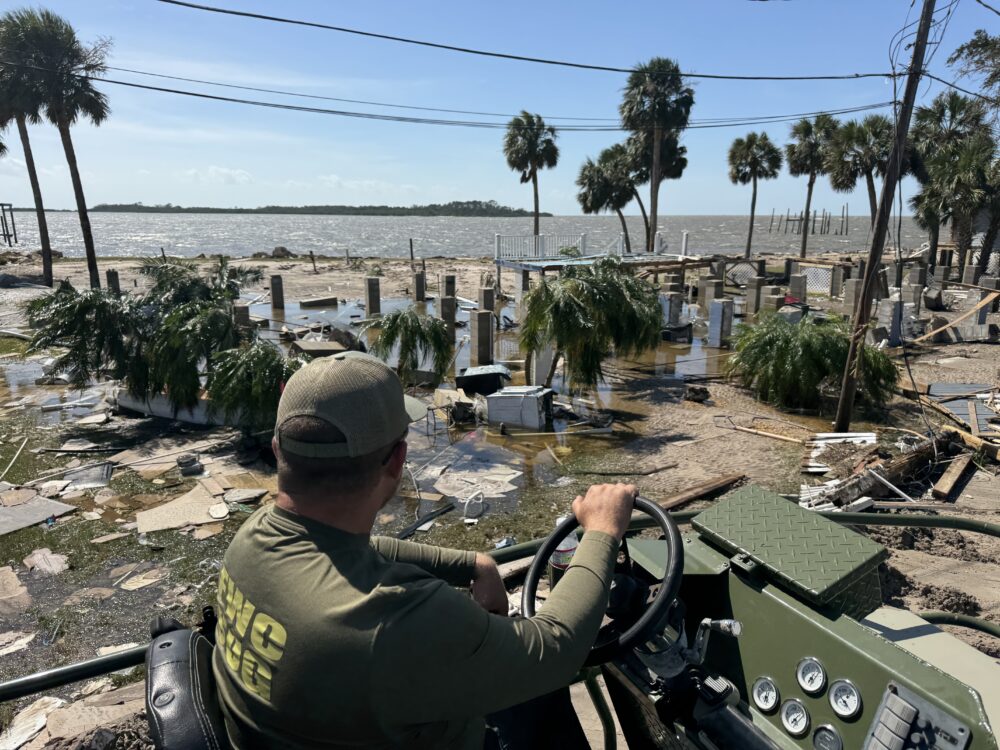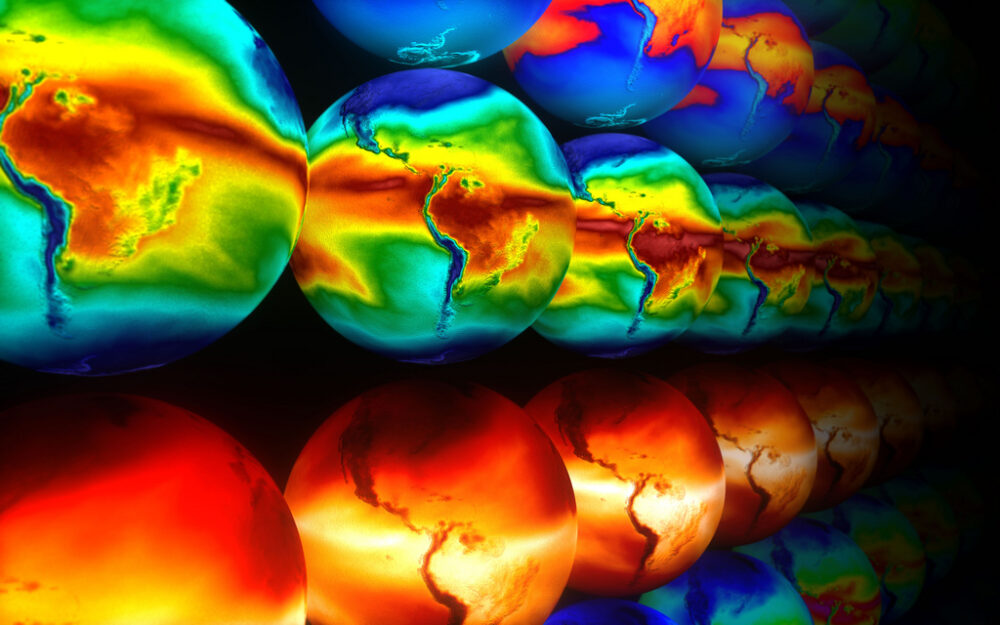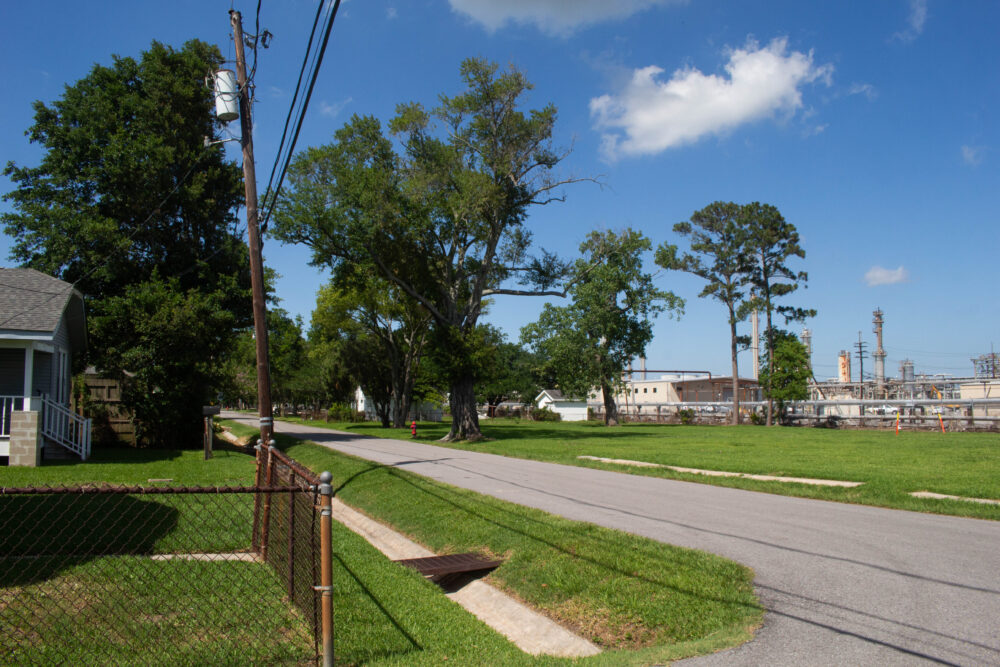We have much more to do and your continued support is needed now more than ever.
Waxman Principles Letter Update
<!–
/* Style Definitions */
p.MsoNormal, li.MsoNormal, div.MsoNormal
{mso-style-parent:"";
margin:0in;
margin-bottom:.0001pt;
mso-pagination:widow-orphan;
font-size:12.0pt;
font-family:"Times New Roman";
mso-fareast-font-family:"Times New Roman";}
a:link, span.MsoHyperlink
{color:blue;
text-decoration:underline;
text-underline:single;}
a:visited, span.MsoHyperlinkFollowed
{color:purple;
text-decoration:underline;
text-underline:single;}
@page Section1
{size:8.5in 11.0in;
margin:1.0in 1.25in 1.0in 1.25in;
mso-header-margin:.5in;
mso-footer-margin:.5in;
mso-paper-source:0;}
div.Section1
{page:Section1;}
/* List Definitions */
@list l0
{mso-list-id:1316839027;
mso-list-template-ids:1628065976;}
@list l0:level1
{mso-level-number-format:bullet;
mso-level-text:;
mso-level-tab-stop:.5in;
mso-level-number-position:left;
text-indent:-.25in;
mso-ansi-font-size:10.0pt;
font-family:Symbol;}
ol
{margin-bottom:0in;}
ul
{margin-bottom:0in;}
–>
This week, Congressmen Waxman (D-CA), Markey (D-MA) and
Inslee (D-WA) plan to finalize and send Speaker of the House Nancy Pelosi a
letter outlining essential
principles for global warming legislation. The leaders of the
"Principles Letter" were able to garner support from 149 of their
colleagues.
The letter outlines essential standards to "guide
Congress as it produces legislation to establish an economy-wide mandatory
program to address the threat of global warming".
The principles include:
- Reduce emissions to avoid dangerous global warming by reducing global warming emissions by 15 to 20 percent below current levels in 2020, and 80 percent below 1990 levels by 2050;
- Transition America to a clean energy economy by investing in clean energy technologies and including important complimentary policies such as smart growth, energy efficiency standards, and building codes to encourage building efficiency;
- Recognize and minimize any economic impacts from global warming legislation by using revenue from the program to help affected industries and communities during a period of transition; and
- Aid communities and ecosystems around the world that are
vulnerable to harm from global warming already taking effect.






















